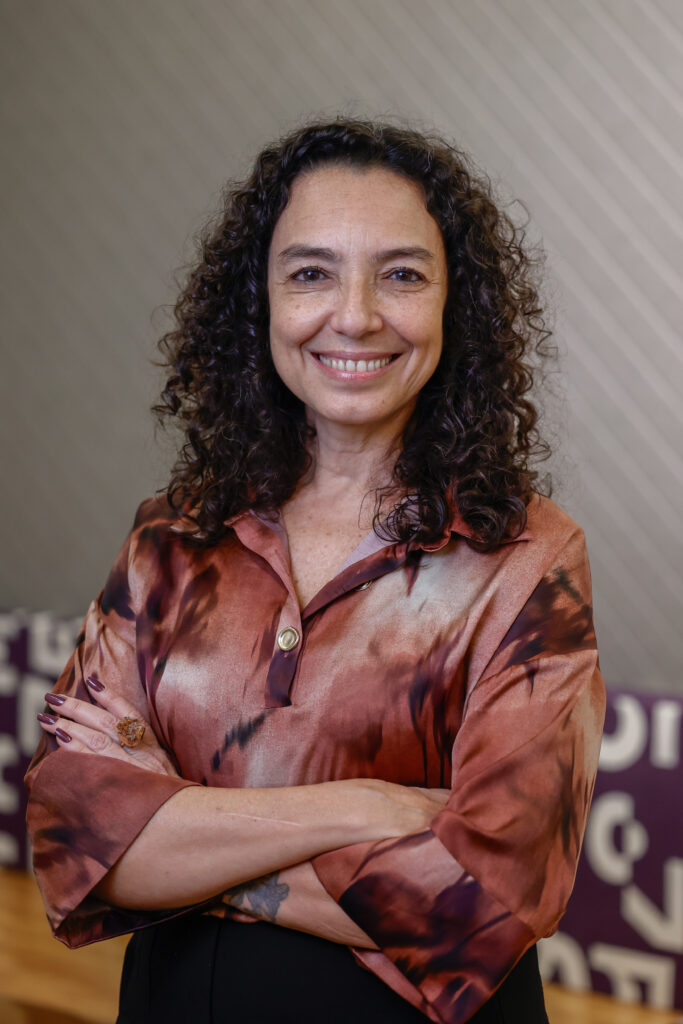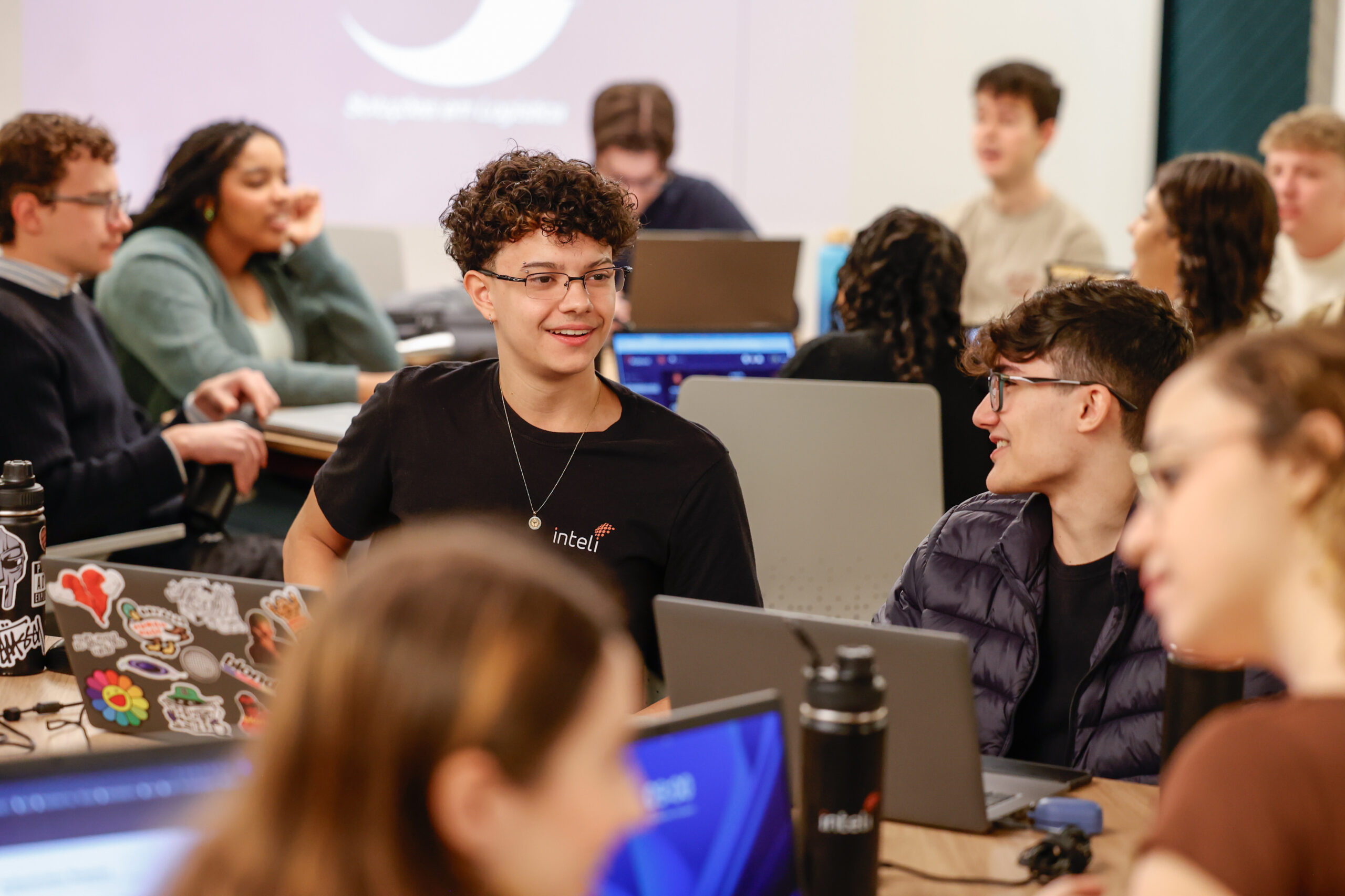
Thirty-five years ago, I began my journey into the fantastic world of computing. Determined to work from an early age, I studied Electronics at CEFET/RJ, and then Electronic Engineering at UFRJ - in a class of 50 men and only two women. I was never intimidated, even when some teachers said that it wasn't a girl's place. I continued to study hard and seek my place.
While my children were growing up, I was fulfilling my dreams, such as a post-doctorate at the Pierre et Marie Curie Paris VI University in France and the Queensland University of Technology in Australia. I continued to travel the world organizing workshops and conferences until the day two friends, Ig and Seiji, presented the Inteli project - a technology college with a totally project-based teaching methodology. It was love at first sight.
Today I'm here, at the head of the academic area. Can you imagine if I had believed those who pointed the finger saying that Computing wasn't for me?
But I'm still bothered by the fact that there are still so few girls venturing into the field. And if careers in the sector offer the best salaries, flexibility and job vacancies, why haven't women taken over the benches at tech universities?
A survey by Equality STEM using data from Inep's Higher Education Census shows that between 2010 and 2019, female participation in the total number of graduates was 29.5% in 2010 and rose to 33.7% in 2019, a total increase of 4.2% over the period or, on average, 0.47% per year. If this rate continues, the minimum level of gender parity in STEM (45%) would be reached in 24 years.
The Girls' career aspirations in STEM study helps to understand what might be the drivers of girls' aspirations when they are making choices about which course to follow at university. One of the findings is that contextual factors, family background and general societal beliefs about women in STEM can influence girls' career interests and aspirations.
The lack of female representation in many areas of technology can make women feel discouraged from entering the field.
Here at Inteli, our project-based teaching model provides equal opportunities for everyone to learn, build and act towards a world of equity. We support student organizations that seek to welcome women and put discussions such as gender equality on the agenda. We actively participate in talks at schools to encourage girls to take part in our selection process. And, of course, we set an example as an institution with female leaders.
I believe that we need to be proactive, dedicated and never stop studying. It's important to always engage in the tech community to create networks of support and solidarity with other women in the field. We can support each other, share our experiences and knowledge and collaborate on projects.
I believe that women should feel confident and continue the fight for greater representation and inclusion in the field. Together, we can break down barriers and create a more inclusive and diverse environment in technology.




